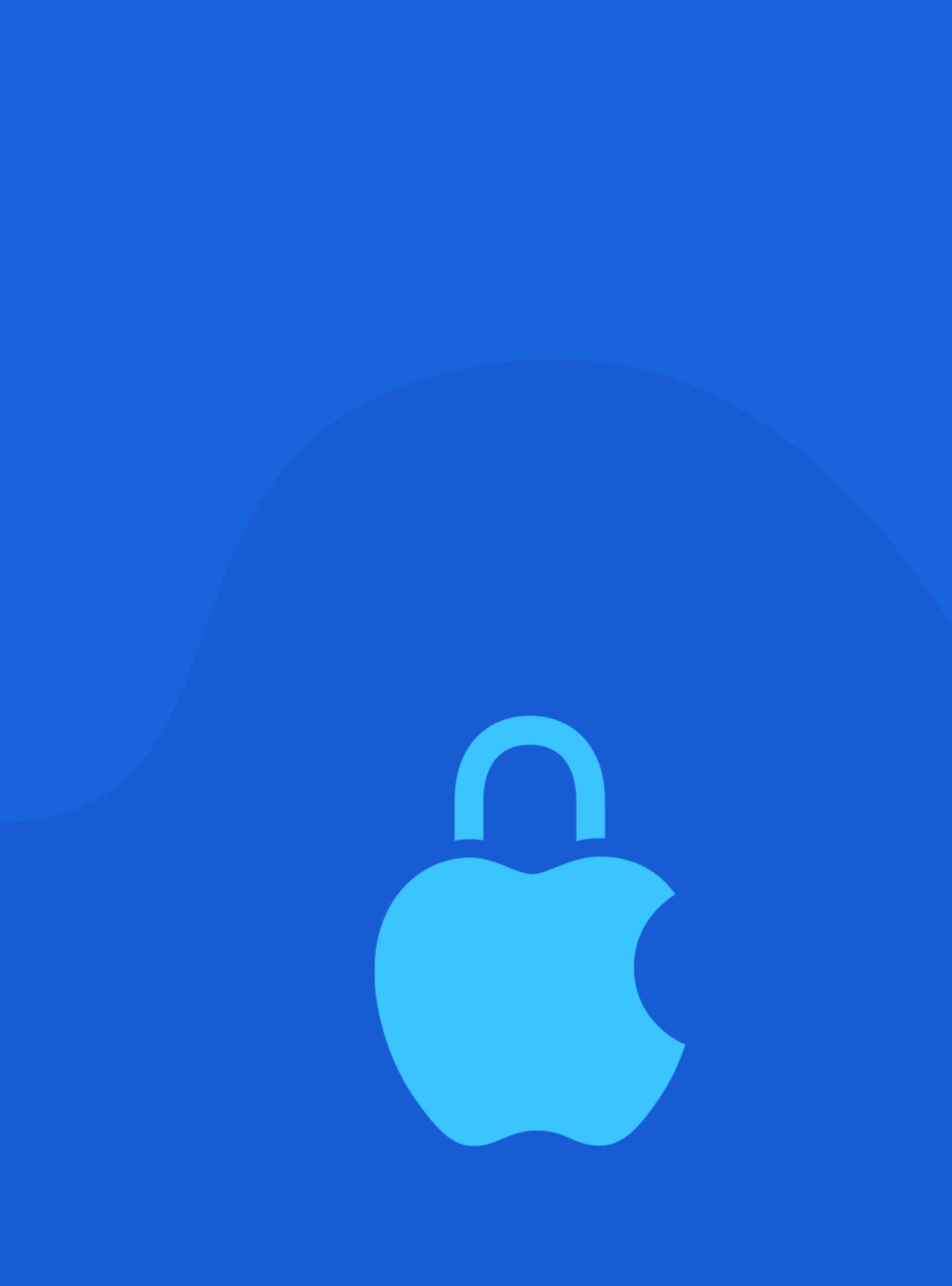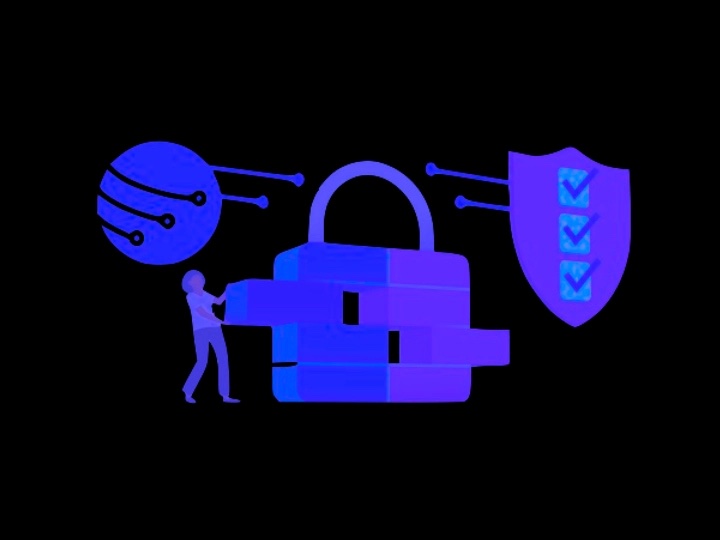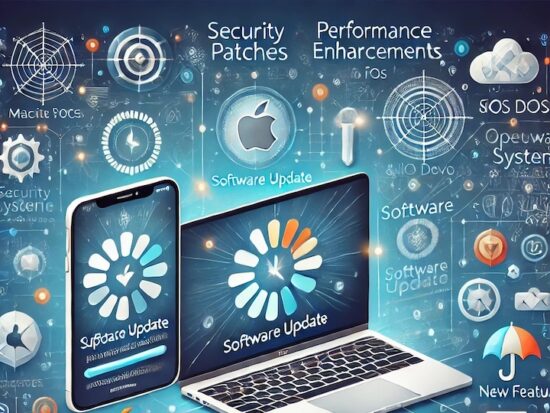Mac users have long enjoyed a reputation for security, thanks to Apple’s robust operating system and built-in security features. However, as cyber threats continue to evolve, it’s crucial for Mac users to stay vigilant and take proactive steps to protect their Apple devices from malware, spyware, keyloggers, and viruses. In this article, we will discuss essential measures you can take to fortify your Mac’s defenses, including keeping your firewall active, avoiding public Wi-Fi networks, and seeking professional assistance from trusted sources like the Apple Repair Club if you suspect malware.
Activate and Tighten Your Mac’s Firewall:
Your Mac’s built-in firewall serves as the first line of defense against unauthorized access and potential malware infiltration. Ensure that your firewall is active by following these steps:
- If you are up to macOS Monterey, Go to System Preferences > Security & Privacy > Firewall. Click on the lock icon and enter your administrator password. Enable Firewall by toggling on “Turn On Firewall” and click on Options to righten it to the highest possible with all the toggles ON.
- If you are on macOS Ventura Ver.13 and up, Go to System Settings > Network > Firewall, and toggle it on. You can click on Options to further tighten the Firewall Security.
Additionally, regularly update your Mac’s operating system to benefit from the latest security patches and enhancements.
Exercise Caution While Using Public Wi-Fi:
Public Wi-Fi networks can be a breeding ground for hackers and cybercriminals seeking to exploit vulnerable devices. Avoid connecting to unsecured or unfamiliar Wi-Fi networks, especially when handling sensitive information or performing online transactions. If you must use public Wi-Fi, consider the following precautions:
- Verify the network’s legitimacy with the establishment’s staff. Stay away from Unsecured Wi-Fi.
- Use a reliable Virtual Private Network (VPN) to encrypt your internet connection and protect your data from eavesdroppers.
- Avoid accessing sensitive websites, such as banking, finance or agency portals, or entering personal information while connected to public Wi-Fi.
Install Antivirus Software:
While Macs are generally less prone to viruses than other platforms, it’s still advisable to have a reputable antivirus software installed (do not opt-in for rogue security apps). Regularly update the software and setup auto scans or periodic manual scans to detect and remove any potential threats. Consider reliable options such as Bitdefender, Norton, or Avast, which offer comprehensive protection against malware and other online threats.
Be Wary of Suspicious Links and Attachments:
Exercise caution when opening email attachments, downloading files, or clicking on unfamiliar links, even if they appear to come from a trusted source. Cybercriminals often use social engineering techniques to trick users into unknowingly installing malware or divulging sensitive information. If in doubt, verify the legitimacy of the email or link with the sender before proceeding.
Regularly Back Up Your Data:
Backup your essential files and data regularly to ensure their safety in case of a malware attack, ransomeware attacks, or any unforeseen system failures. Use reliable cloud storage services or external hard drives to create encrypted backups. Apple’s Time Machine feature simplifies the backup process and allows you to restore your Mac to a previous state, if needed.
Educate Yourself and Maintain Awareness:
Stay informed about the latest security threats and trends. Apple regularly releases security updates and advisories, which provide valuable information regarding potential vulnerabilities. Keep an eye on credible technology websites and Apple’s official channels to stay updated on emerging threats and best practices for Mac security. Signing up Apple Repair Club’s security update mailing-list is also a good idea that will keep you in the loop as soon as their security threat database is updated.
Seek Professional Assistance:
In the unfortunate event that you suspect that your Mac may be infected with malware, spyware, keyloggers, or viruses, it’s essential to act promptly. Apple Repair Club, Mac only service shop, offers professional assistance from certified technicians who specialize in diagnosing and resolving Mac-related issues faster. Don’t hesitate to reach out to them for expert guidance and support in safeguarding your device. You can also mail-in your Mac to enjoy their free evaluation.
Protecting your Mac from malware, spyware, keyloggers, and viruses requires a combination of proactive measures, cautious online behavior, and staying informed about the latest security practices. By keeping your Mac’s firewall active, avoiding public Wi-Fi networks, using reliable antivirus software, and exercising caution with email attachments and links, you can significantly reduce the risk of infections.
Remember to regularly update your operating system, back up your data, and stay aware of the evolving cybersecurity landscape. Stay proactive, stay informed, and keep your Mac protected. With the right security measures in place, you can enjoy a safe and secure computing experience.








 Arc [AI]
Arc [AI]
